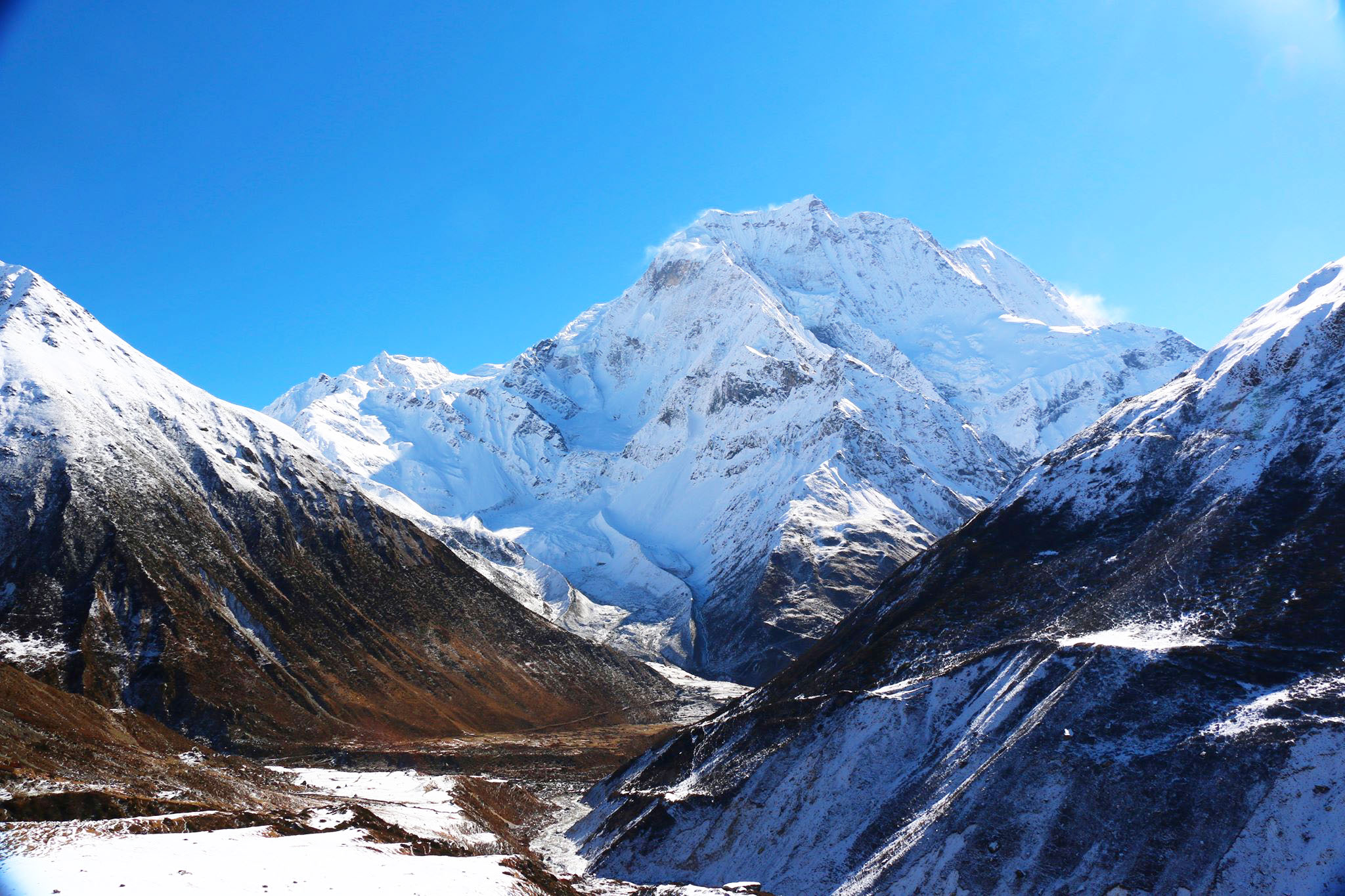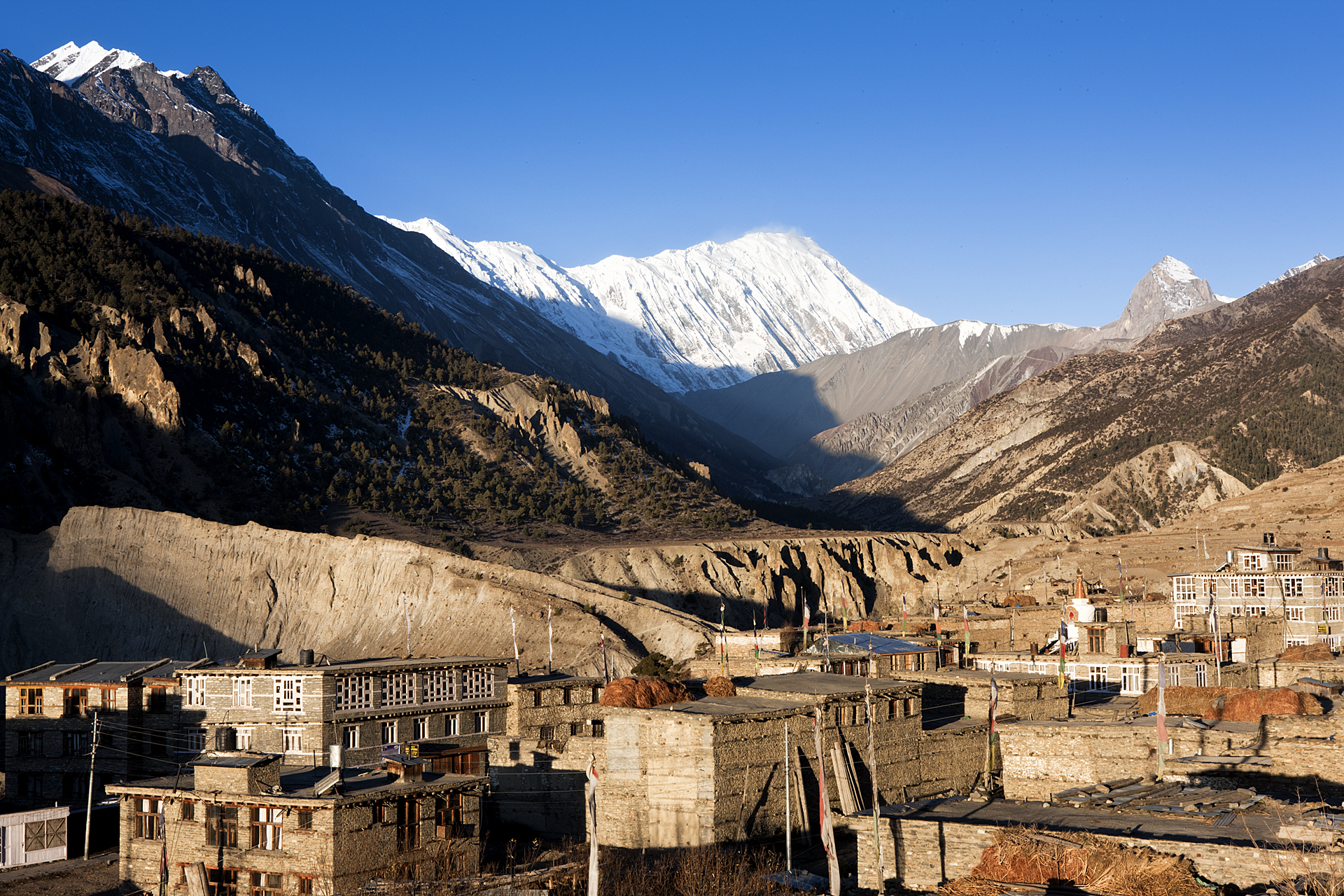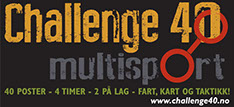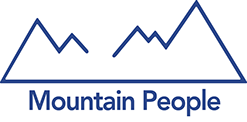




“Porters have been used like a tin of beans:
You open the tin, you eat the beans, and you then throw the tin away!”
- Swami Kailash.
There are thousands of tales of “how wonderful the porters are”, as there are thousands of tales of how badly the porters have been treated.
Even wonderful tales have a tragic side to them: the porter smiles, he is polite, helpful, colorful, photogenic, and does his work well. Yes, all this, and still they are overworked, underpaid, and poorly treated – that the Tourist does not see this, or chooses to ignore it, is in itself a tragedy of proportion.
The Porter Passport is YOU.
The porter is the “backbone” of the transport system of the Himalaya – be it Nepal, India or Pakistan. Traditionally the porter was/is divided into two main groups: The Professional Porter, and The Part-time Porter.
The Professional Porter
Is often a landless person, born in poverty, often following in his father’s footsteps – or because of poverty is forced into this hard line of work. He carries the rice from the lowlands to the highlands, and potatoes on the return journey. He carries building materials, he carries the sick, and today he carries the food stuffs (beer, coka cola, tea, coffee, and luxury items) for tourists. He takes part time work on local farms when and where possible, or on road building projects.
His living standard is marginal, often sleeping under a thin blanket, in a dark damp cave. He carries between 30 and 80 kilos on his back day in and day out (as and when he can find work). His work place crosses all sorts of terrain – from the oppressive heat of the lowlands, through jungles, up and down the steep undulating foothills, to crossing snow covered passes at altitude. And all this often under harsh weather conditions. He is away from his family for long periods of time – often coming home to find his wife has given birth when he was away, or that she has died in child birth.
The Part-time Porter
Takes seasonal work. He is often a small farmer, or his son, who when the rice is growing, and does not need his attention, will take on porter work. This provides him with added and much needed supplementary income – hard cash! He freights products to and from market, he may carry bridge building materials for an aid-development agency, or in the tourist season act as a porter for trekking groups or expeditions. His working conditions may be slightly better than those of the professional. In addition he knows that he will be returning to his family farm when the work of portaging is over these days, he is often a young student who is earning his way through college.








Swami Kailash, has likened The Porter to The Land Rover:
"He is hard working and unstoppable over all sorts of terrain in all weather conditions.
But think: If you don’t put petrol in the tank the motor stops, if you do not renew oil the motor wears out. So to, with The Porter. His “petrol” is often minimal – rice and some lentils twice a day – and a leaky garage at night. Like the Land Rover he grinds his way up and down the steepest hills, with heavy loads, but he gets no regular servicing, nor assistance when he breaks down. And remember, The Porter has no pension when his tires go flat."
Nepal is a poor country, over populated, still weighed down by inefficient and corrupt government, and the ingrained practice of a cast system. By normal Nepal standards even the poorest tourist is rich. Yet it does not make us better beings, nor does it give us the right to treat others in any other manner than that we expect others to treat us.
Ask yourself:
Would I apply for that porter job should it become vacant, or would I want my son to follow that carrier path?
Yet not all is hopeless in the Kingdom of Humanity. Many involved and concerned people in the tourist industry have acknowledged this imbalance – and they have acted.
Jim Duff started IPPG – International Porter Protection Group, and Ben Ayers PP - Porters Progress, and along came KEEP (Kathmandu Environmental Education Project), and CAN (Community Action Nepal).
Visit their web sites, and where you can support their work, please do. These are the “good guys” in “a good, bad and ugly tourist industry”.
Similar organisations have sprouted up in other mountain and desert country’s around the world where local people work under harsh and unrelenting conditions for below acceptable terms – for we the pampered tourist.
The wheel has been invented, by IPPG/PP/KEEP/CAN and others, so we copy and paste from IPPG (International Porter Protection Group)
IPPG recommends the ethical following guidelines:
Clothing appropriate to season and altitude must be provided to porters for protection from cold, rain and snow. This may mean: windproof jacket and trousers, fleece jacket, long johns, suitable footwear (boots in snow), socks, hat, gloves and sunglasses.
Above the tree line porters should have a dedicated shelter, either a room in a lodge or a tent (the trekkers’ mess tent is no good as it is not available till late evening), a sleeping mat and a decent blanket or sleeping bag. They should be provided with food and warm drinks, or cooking equipment and fuel.
Porters should be provided with life insurance and the same standard of medical care as you would expect for yourself.
Porters should not be paid off because of illness/injury without the leader or the trekkers assessing their condition carefully.The person in charge of the porters (sirdar) must let their trek leader or the trekkers know if a sick porter is about to be paid off. Failure to do this has resulted in many deaths. Sick/injured porters should never be sent down alone, but with someone who speaks their language and understands their problem, along with a letter describing their complaint. Sufficient funds should be provided to cover cost of rescue and treatment.
No porter should be asked to carry a load that is too heavy for their physical abilities (maximum: 20 kg on Kilimanjaro, 25 kg in Peru and Pakistan, 30 kg in Nepal). Weight limits may need to be adjusted for altitude, trail and weather conditions; experience is needed to make this decision. Child porters should not be employed.
Note: Mountain People feels that 30 kilo is excessive over 4000moh, and recommends 25 kilo for Nepal as max. How to reduce the weight? Easy, each trekker has 10 kilo extra baggage, the rest he/she can carry themselves! The other 5 is for the porters equipment etc. That 30 to 60 kilo is not unusual in Nepal does not make it morally right!
Choosing a trekking company
Before you book your trek ask the travel company what their porter policy is (see below for questions to ask).
Contact organisations which offer ethical trekking agreements to which trekking companies can sign up.
For instance, Tourism Concern in the UK, IMEC in USA and Kilimanjaro Porters Assistance Project in Tanzania.
Finally, if you see porter mistreatment complain loud and long on the spot and once home complain to your travel company.
Send a report of the incident to IPPG with as much detail as possible.
Questions to ask trekking companies
Does the company follow IPPG’s five guidelines on porter safety? (MP: These are minimum guidelines).
What is their policy on equipment and health care for porters?
What do they do to ensure the trekking staff is properly trained to look after porters’ welfare?
What is their policy on training and monitoring porter care by its ground operator in the country you visit?
Do they ask about treatment of porters in their post trek feedback questionnaire to clients?
Porter Welfare
From PP (UK) web site - Porters Progress:
Fact: More porters suffer from accidents and altitude sickness than western trekkers. Fact. Every year porters die unnecessarily on the job. Fact. Many are affected so badly by frost bite or snow blindness that they are unable to work again and unable to support their families.
Whether its Nepal, Pakistan, Tanzania, Peru or any other trekking destination, the problems faced by trekking porters are the same:
1. Inadequate wages
2. Being forced to carry excessive loads
3. A lack of appropriate clothing and footwear
4. A lack of appropriate safety equipment such as sunglasses
5. A lack of appropriate food
6. A lack of overnight shelter
7. A lack of medical care
8. A lack of insurance
Porters are often among the lowest social positions within the community and too frequently are exploited by their employers who pay poor wages and do nothing to improve the working conditions.
So is the answer to avoid using porters on your trek?
No.
If you act responsibly and choose an ethical company. Then employing porters is a very good way to assist some of the world’s poorest communities and create jobs for subsistence farmers to supplement their income. So the more porters you can employ the better!
Despite their hard graft, you’ll discover that the grace and enthusiasm of your porters will add a wonderful dimension to your trek.
Members of Mountain People can:
A. Support the work of IPPG, PP, KEEP, CAN and others in Nepal, and around the world.
Read their web sites, join them and support them.
B. If you are an active member of Mountain People you may wish to join our own project:
Bhote Education Project.
We provide funds for further education for porters, trekking tourist and climbing guides – and work to find them suitable work. We provide clothing, and equipment to these and other Nepalese working in tourism.







Support our work
Donate with PayPal
When you click on the 'Donate' button it will take you to "PayPal"- a secure server where you can donate with your paypal account or credit card.)
Join us on Facebook!
Summit Partners

High Camp Partners

Intersport Fagernes (Nor)
Base Camp Partners
Rope Partners
Hotel Moonlight (Nep)
North Field Cafe (Nep)
Beni Handicrafts (Nep)
Mountain Film Festival (Nor)
Jong Music Festival (Nor)
Organisation Partners
KEEP (Nep)
100 Friends (USA)
Steps Foundation (Nep)
Umbrella Foundation (Aust)
Linck2Nepal (UK)
Riyadh Irish Society
Nepal Education and Development, Hong Kong
Rotary Club Jardine (UK)
Lions Club of Kathmandu Sukunda
Media Partners
Ute Magazine (Nor)
CONTACT US
PHONE
Thorstein: +47 913 24 024
David: +47 90916251
ADRESS
Thorstein Nøkleby
Burmavegen 38
2975 Vang i Valdres
Norway
Join Mountain People and receive our newsletter
Copyright © 2017 Mountain People
org.: 00914795117
